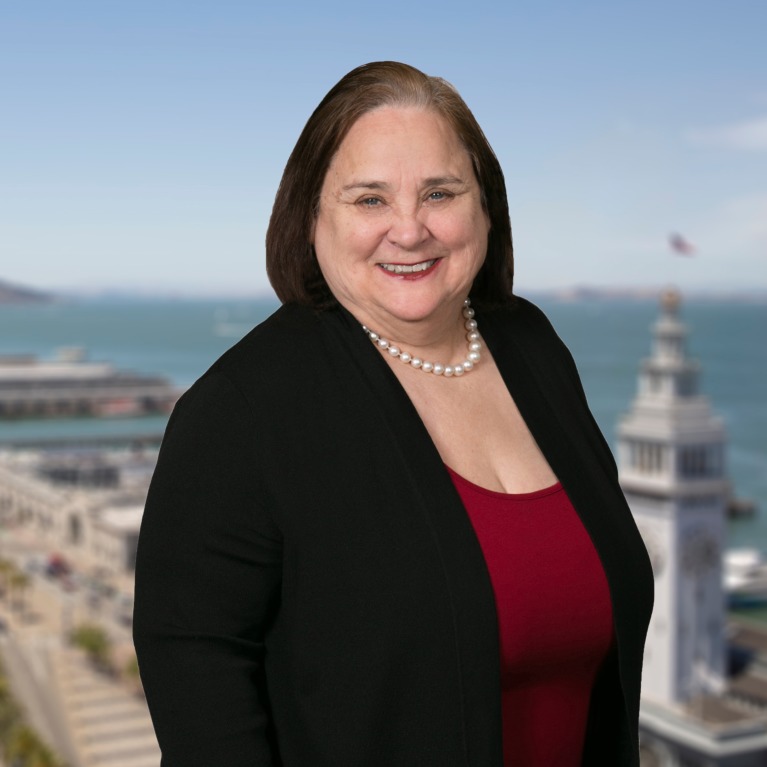Overview
(March 19, 2024, Los Angeles) – Steptoe secured a win for our client, Gulf Pacific Rice Co. (Gulf Pacific), one of the top rice manufacturers in the country, in a case involving California Proposition 65 (Prop 65), a chemical right-to-know warnings law. In March, 2024, Los Angeles Superior Court Judge Elihu Berle entered judgment for our client following a three-week bench trial in the case Consumer Advocacy Group, Inc. v. Gulf Pacific Rice Co. Case No. BC556594. Prop 65 was a ballot initiative enacted by the voters in 1986. The law, known as the "Safe Drinking Water and Toxic Enforcement Act of 1986 (CA Health & Safety Code § 25249.6)," requires companies doing business in California that expose consumers to certain carcinogens or reproductive toxins in products or food to provide a warning, unless the defendant can prove no warning is required. A defendant can win if it can prove the consumer’s exposure to one of these Prop 65-listed chemicals (almost 1,000 of them) does not exceed a level requiring a warning. In the case involving Gulf Pacific, the court agreed with our client's experts' testimony that the exposure to the average consumer of the chemical lead found naturally in rice did not rise to the level requiring a warning.
This case was significant for a few reasons. First, less than 5 percent of Proposition 65 cases have made it to trial over the law’s 38 years, and our team has tried or consulted on some of these. Defending and trying these cases is both expensive and risky. A defendant must retain experts such as toxicologists and food scientists who then conduct "exposure assessments" to determine whether exposure to the chemical in the food or product exceeds the levels established by the state to cancer and/or reproductive harm ("safe harbor" levels). In addition to that expense, the risk in taking these cases is penalties and attorneys' fees. Prop 65 imposes penalties of up to $2,500 per violation and requires the party who loses at trial, or who settles, pay the plaintiff’s attorney’s fees and costs in addition to penalties.
Assuming it will be upheld on appeal if any is filed, the ruling is significant because it makes clear how food exposure assessments in food Prop 65 cases are to be conducted and firmly rejects alternative theories proposed by the plaintiff private enforcer which would have dealt a huge blow to food manufacturers and retailers who sell products in California. The question in this case was how does one calculate the average consumer’s exposure to lead from consuming the rice in question and prove that the exposure is below the state's established safe harbor level? In finding that exposure to lead from consuming defendant’s rice fell below this level that would have required a warning, Judge Berle agreed with our client’s experts' calculations and interpretation of the regulations and the applicability of certain case law.
In addition, the plaintiff private enforcer claimed just one test result was enough to shift the burden to our client to prove their defense. It also disputed the method our client's experts used to determine how much the average person eats when they eat rice (consumption), as that amount is key to proving the level of exposure in foods required by the law. As to being able to rely on one test, because lead does not distribute evenly in products such as rice, and because one test result cannot be validated as accurate, Judge Berle ruled that one test was not enough to shift the burden to a defendant. He agreed with our client’s experts that multiple test results averaged by geometric mean from multiple lots of product was the scientifically acceptable way to calculate the value of lead in food.
The Judge also ruled in favor of our client on the correct method for measuring consumption. The Prop 65 regulations identify a specific government food survey database to be used absent better data. The plaintiff argued that they had a better method to calculate consumption which it claimed would show higher levels of food intake because using the database would have been fatal to their case. Judge Berle, however, disagreed and affirmed the correct method was the one our client’s experts used. The Judge found that the plaintiff’s data was not scientifically valid or workable for food assessment, much less superior to the data relied on by our client.
The Judge also rejected a novel theory plaintiff advanced based on "ethnic subpopulations." The Plaintiff claimed that Prop 65 allowed for calculating consumption of a food based only on one ethnicity’s eating habits. The Plaintiff argued that because a particular ethnic group allegedly eats more rice than other ethnicities they should be considered the average consumer under the law. If that were the case, the exposure to lead from eating rice would exceed the safe harbor given the consumption that plaintiff sought to use would supposedly be much higher than the rest of the population. Nothing in Prop 65 allows calculation by just one group or ethnicity and Judge Berle rejected the theory, noting the language of the regulations is clear that average consumer means average of the entire population that consumes the product. Using true average data, which includes all ethnicities, as well as frequent and heavy eaters, is the appropriate data needed to calculate exposure.
This is an important decision because it has an impact beyond rice. If plaintiff’s theories were adopted, it would upend the entire food industry as lead is naturally occurring in all foods. The extreme way plaintiff sought to measure lead exposure would have required thousands of food products carry Prop 65 warnings even though they are completely safe to eat. California is one of the biggest markets in the world, a decision in favor of the plaintiff, would send shockwaves through the worldwide food supply chain.
The Steptoe team was led by senior counsel Carol Brophy and partner Dennis Raglin, and included of counsel Jade Jurdi, and associates Alex Avery and Jennifer Singh.
About Steptoe
In more than 110 years of practice, Steptoe has earned an international reputation for vigorous representation of clients before governmental agencies, successful advocacy in litigation and arbitration, and creative and practical advice in structuring business transactions. Steptoe has more than 500 lawyers and other professional staff across offices in Beijing, Brussels, Chicago, Hong Kong, Houston, London, Los Angeles, New York, San Francisco, and Washington. For more information, visit www.steptoe.com.



